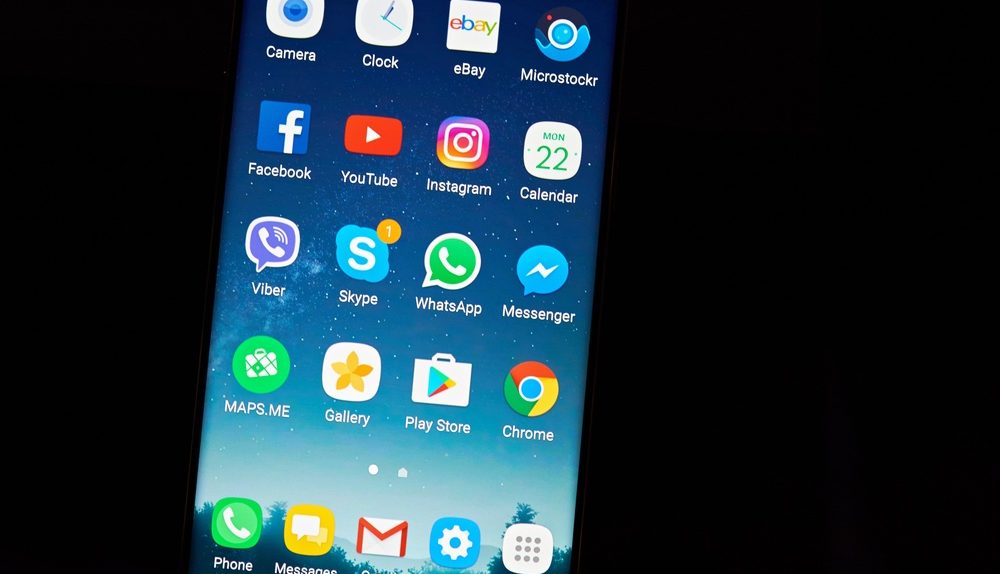Facebook’s Cambridge Analytica fiasco brought to light a different Facebook practice that many people didn’t even know about. When collecting their data from Facebook, some of them discovered that Facebook had been logging call and SMS data for years, and expressed their frustration online. We told you last week this wasn’t really a privacy breach. It’s a feature built into Facebook’s apps, and other applications, that’s only available to Android. If your calls and texts are logged by Facebook, that’s because you agreed to do it.
It’s also Google’s fault.
Over the weekend, a large number of reports revealed the whole phone call and text logging issue, prompting Facebook to explain via a blog post that it hasn’t been collecting that data without permission. You allowed Facebook to do that on your Android without caring or realizing what it means. You can block Facebook’s access to such data on Android if you so desire. On iPhone, there’s no such thing as an app allowed to collect call and text history because Apple isn’t Google.
Facebook said it started collecting data back in 2015, first via Messenger and then through Facebook Lite. But, as The Washington Post explains, it all started much earlier than that for other apps.
Google’s 2012 Jelly Bean release brought over this particular feature. Android would notify users that an app wanted to access the contacts. Built into that permission was also the call and text logging feature. If the app’s functionality depended on being able to read your contacts, you had to agree, thereby allowing the app to also read your calls and text history. Denying access would render that app useless.
It took a few years for Google to fix this problem. Android 6.0 Marshmallow launched in 2015 split those permissions, allowing users to only share contacts with the same apps.
However, Google’s main Android problem is what may have prevented some users to actually block apps, like Facebook, from collecting logs. That’s the lack of timely updates. Marshmallow may have fixed the permissions issue, but it took months for affected users to get the update. Many of the Jelly Bean devices in use at the time would never be upgraded. By then, most Android users who did allow apps to siphon off calls and text data may have forgotten to fix it.
So why did Google allowed this feature in the first place? The simplest explanation is that Google is just like Facebook in many ways. It harvests user data and then turns it into money via ads. That’s how it operates, and that’s something Google services users agree to.
One other reason why Google may have allowed developers to access that data back in 2012 was Apple’s App Store supremacy. This abundance of data may have been Google’s way to lure in more developers. Of course, this is just speculation, as Google would not confirm anything. Google wasn’t able to tell The Post how many apps gained access to call and text logs or how many Android users have sent their logs to developers by accepting these app permissions.
That said, Facebook never really explained why it needed your phone’s history.








